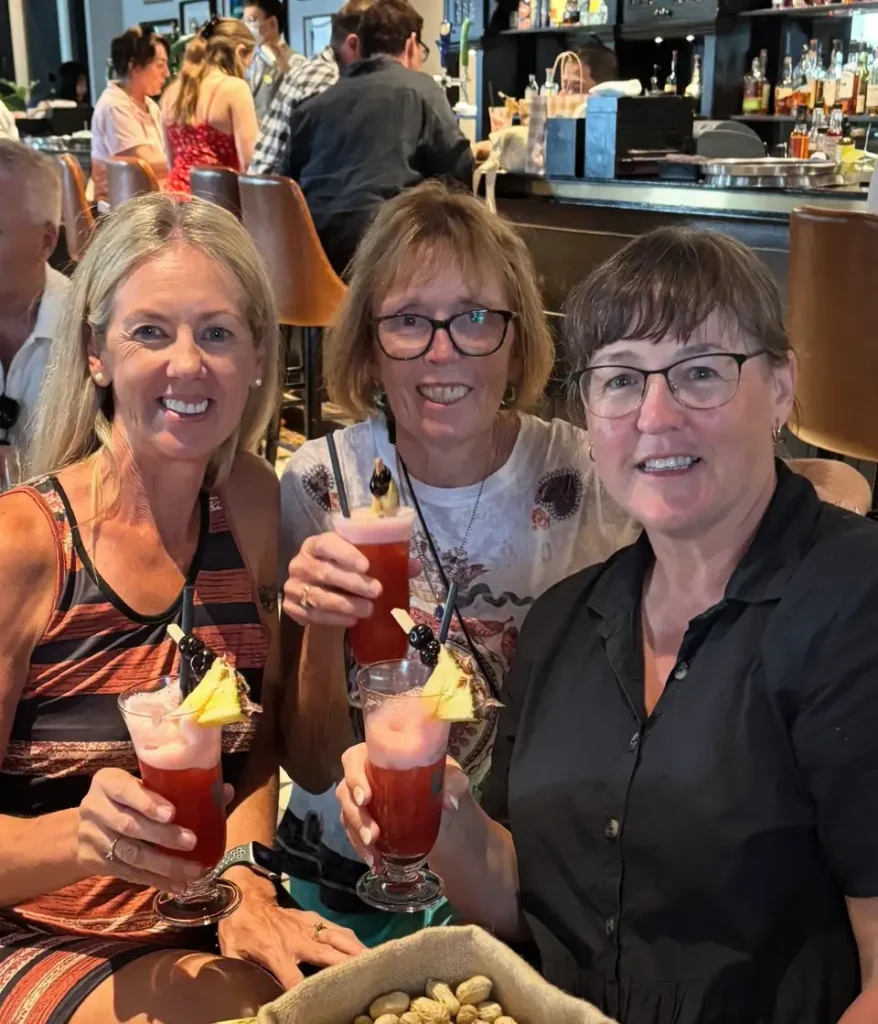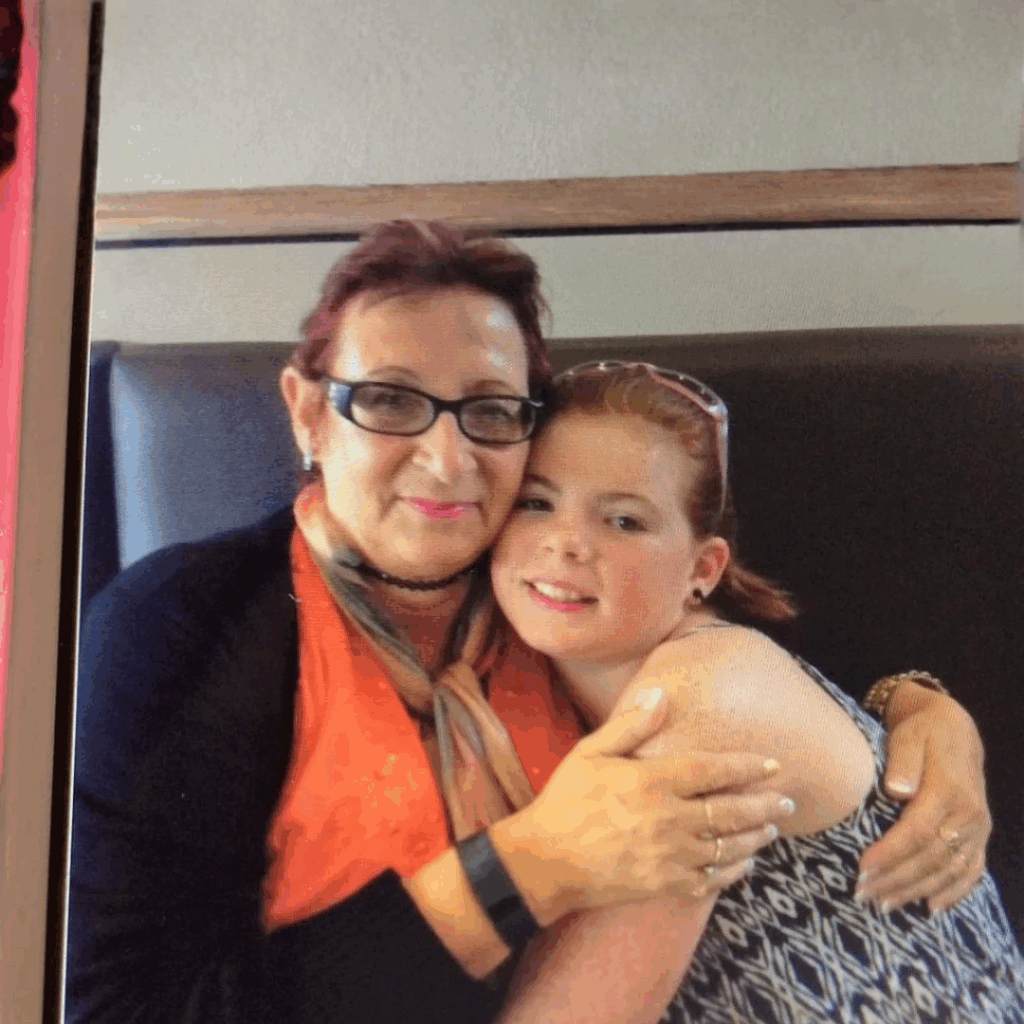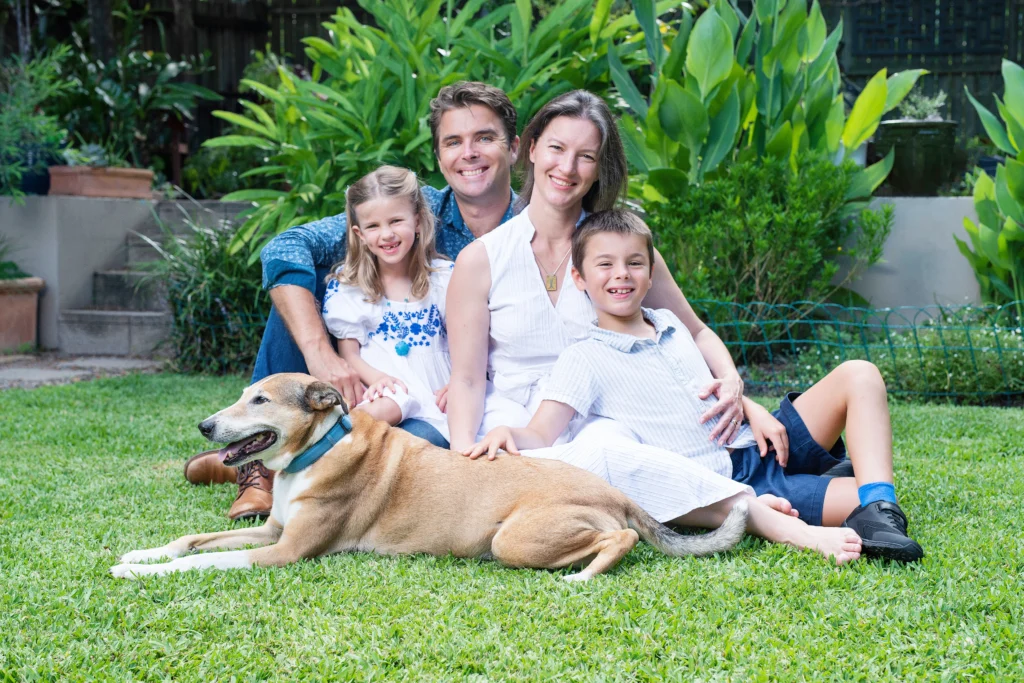Michel was a fit and healthy 42-year-old when he was diagnosed with lung cancer in 2017. In the early days of his diagnosis, he would visit his oncology team every 28 days to learn how his condition had progressed.
It was thanks to targeted treatment that became available shortly after his diagnosis that today Michel can mark almost 8 years survivorship since his diagnosis.
It is something Michel says he is thankful for everyday.
“When I was diagnosed there were treatments that had just been put on the PBS or were about to be. The treatment I’m on didn’t start with me. It started 10 to 15 years ago with someone who had the idea and advocated for lung cancer research,” he says.
“When you’re diagnosed, you’re confronted with everything. It changes you forever.”
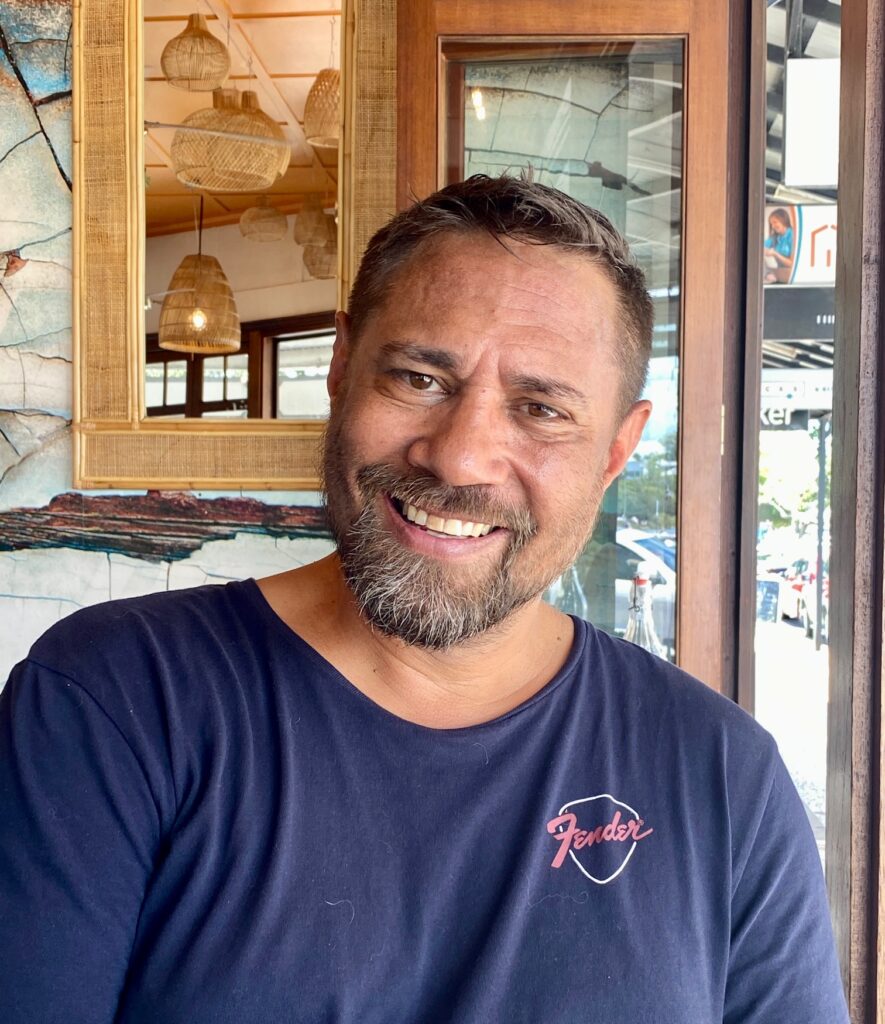
Reframing his condition
Today, Michel continues to work as a commercial and compliance manager and has been able to work throughout his treatment. For Michel it is an important part of feeling normal.
His children are now 30, 20 and 18 years old and have been with him through his experience living with lung cancer.
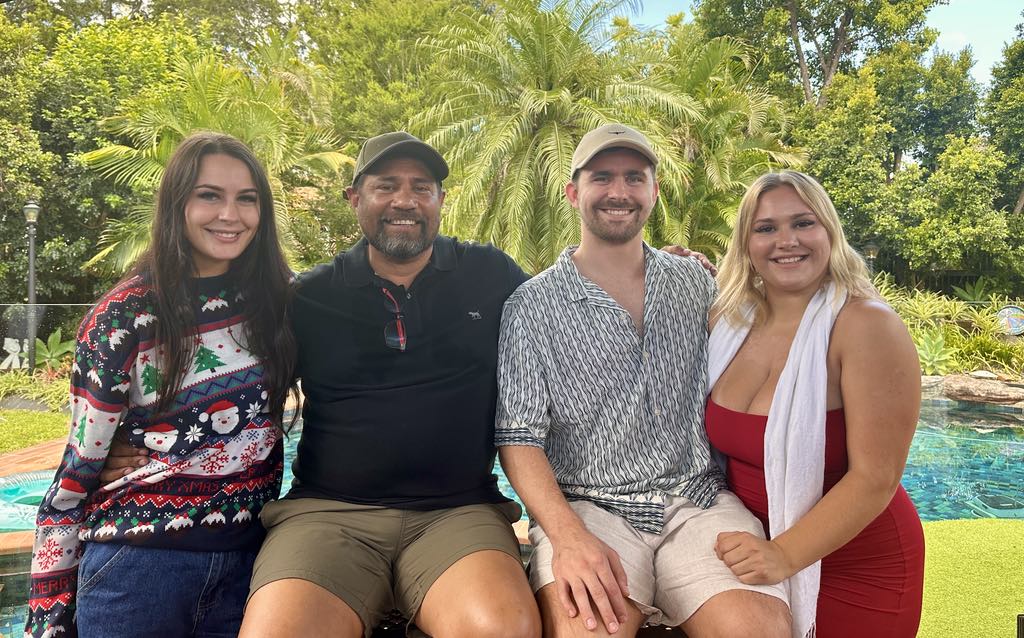
“It was hard initially to decide how much to tell them and when, especially as my kids had experienced the loss of their mother when they were a lot younger. But now I tell them they better get used to me being around because I’m planning on dying of old age.”
“I don’t think about my disease as much anymore. I like to think I have a condition that I live with and I’m managing it. I keep moving forward and I’m not ready to go yet.”
Research keeps Michel looking forward
Michel’s experience means he has an intimate understanding of the inequity of investment into research and access to treatment and support for people living with lung disease and lung cancer.
As he continues to navigate his experience living with lung cancer, Michel continues to advocate for greater equality in investments into research and access to treatment and support for people living with lung disease and lung cancer.
“I like the term lived experience advocate,” he says. “We’ve got lived experience and we’re advocating and mentoring others who are newly diagnosed or going onto a clinical trial for the first time.”
“It’s an important role to help support others going through the same thing. And working with others to help make real changes in the research space, too.”
Michel describes the support from Lung Foundation Australia’s services and research they’ve advocated for and supported as life changing.
“The research that led to the targeted treatment I am on has given me the chance to enjoy the simple things. Being able to go down the road to have a coffee, for example.”
“Somewhere in Australia or around the world there are researchers working on new treatments and ideas that need funds to take their ideas to the next stage. It might not be a cure, but it might be something that makes the disease easier to manage for someone.
“Research is the line between our reality and our dreams, they call it research, we call it hope. You take away research, you take away our dreams and hopes, it’s that simple.”
“So, the support that we can give, even a few dollars, can go a long way to create change.”
Was this page helpful?
Good job! Please give your positive feedback
How could we improve this post? Please Help us.
